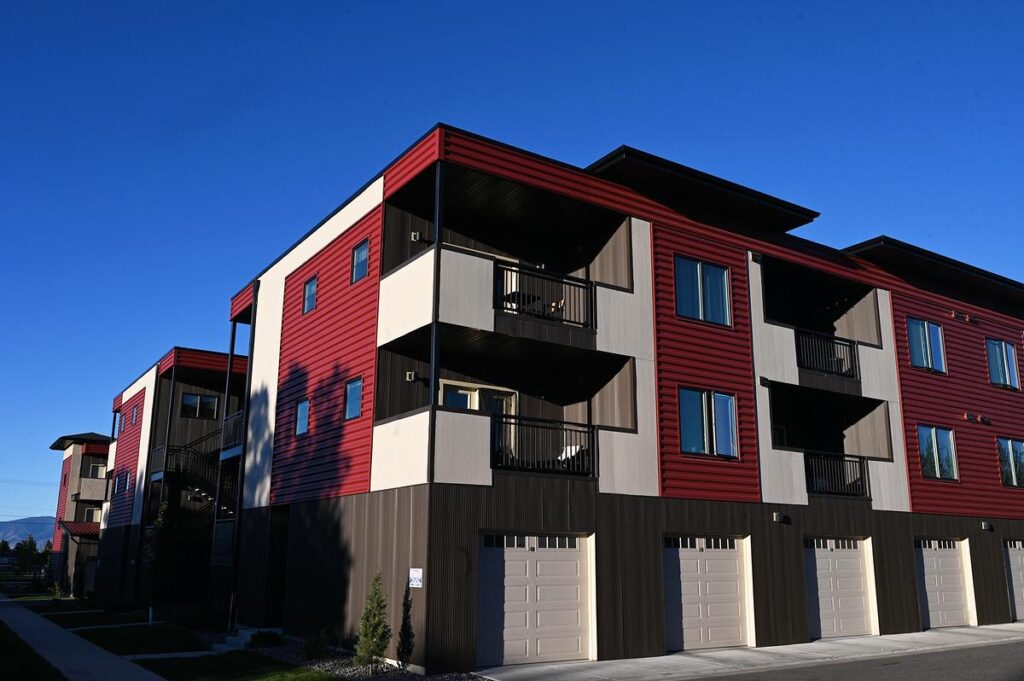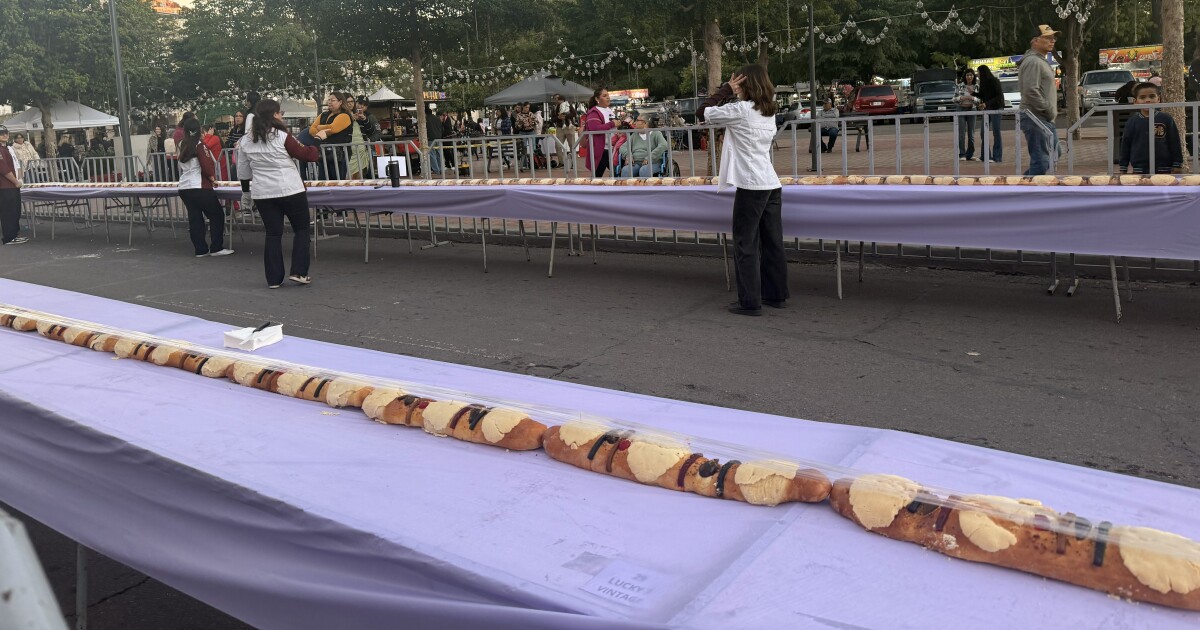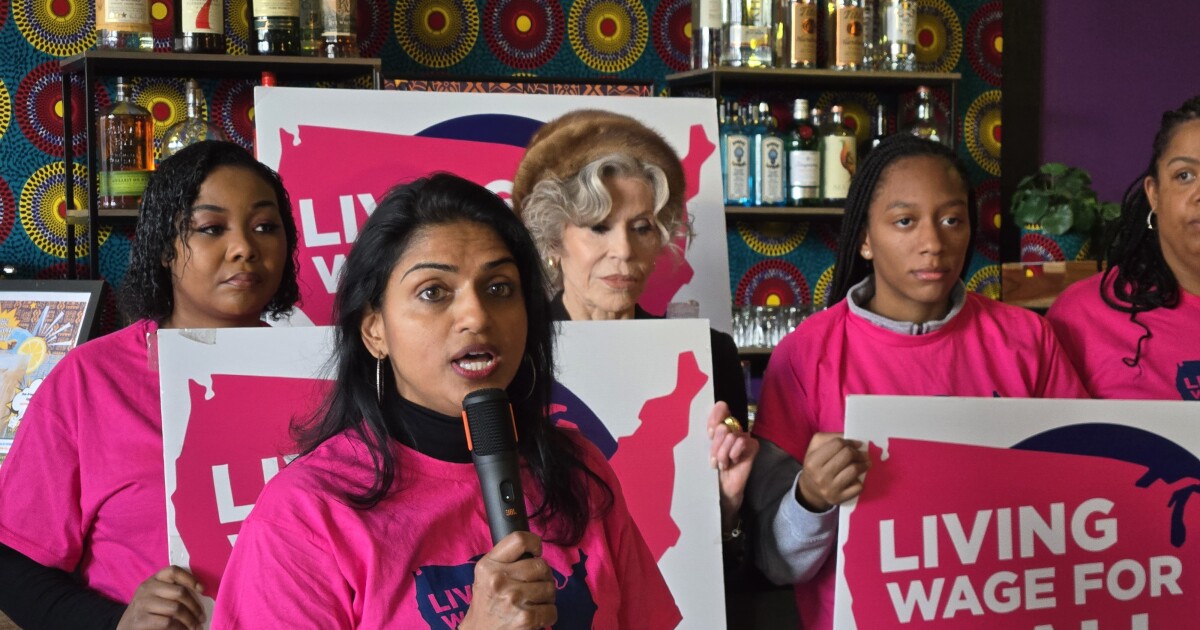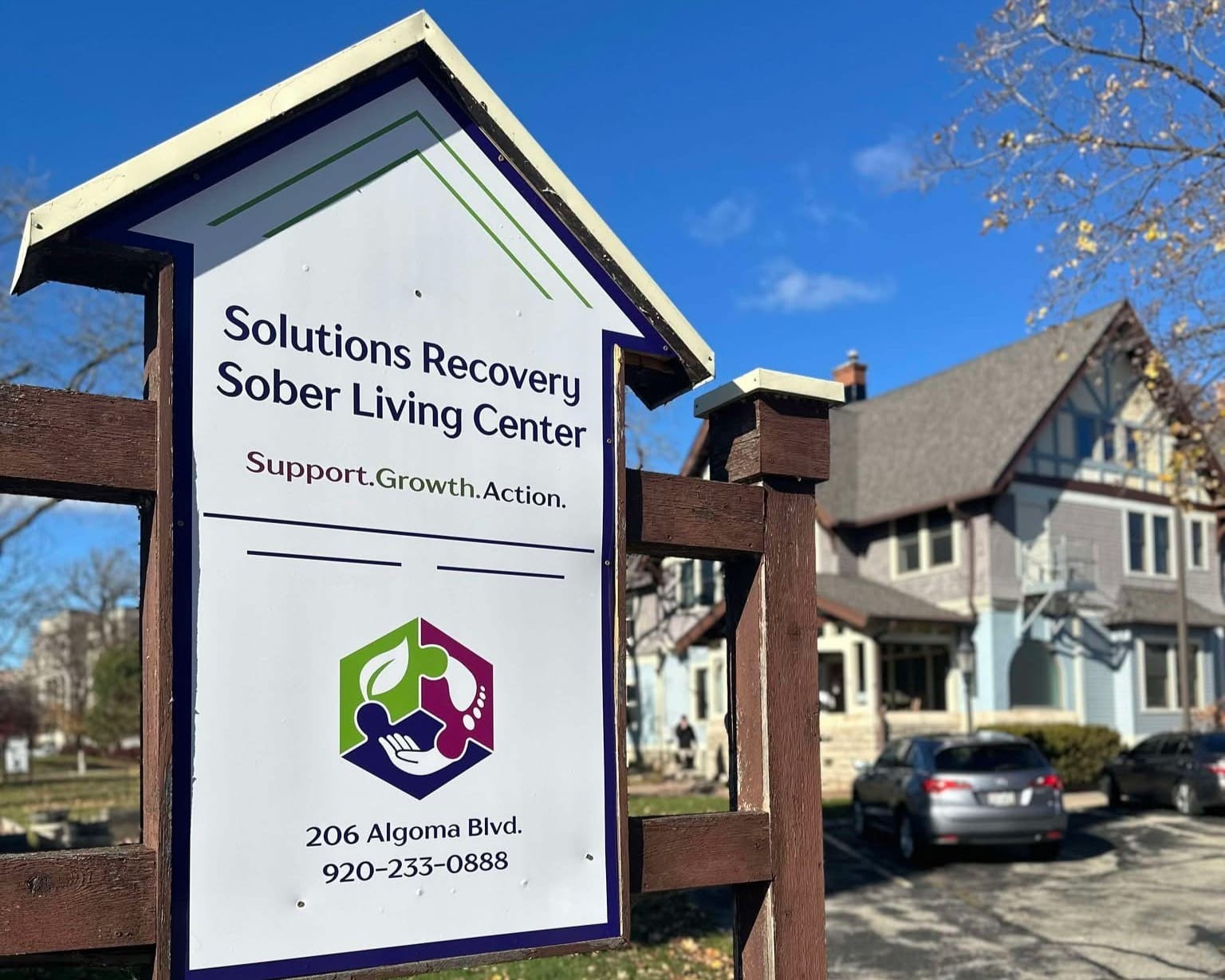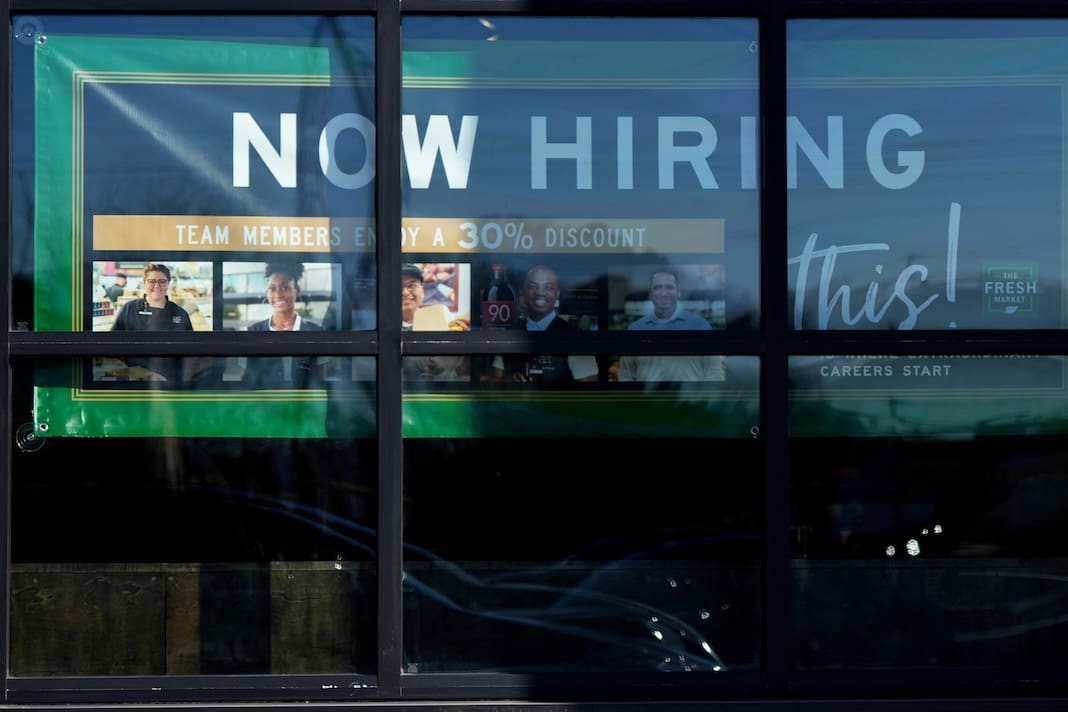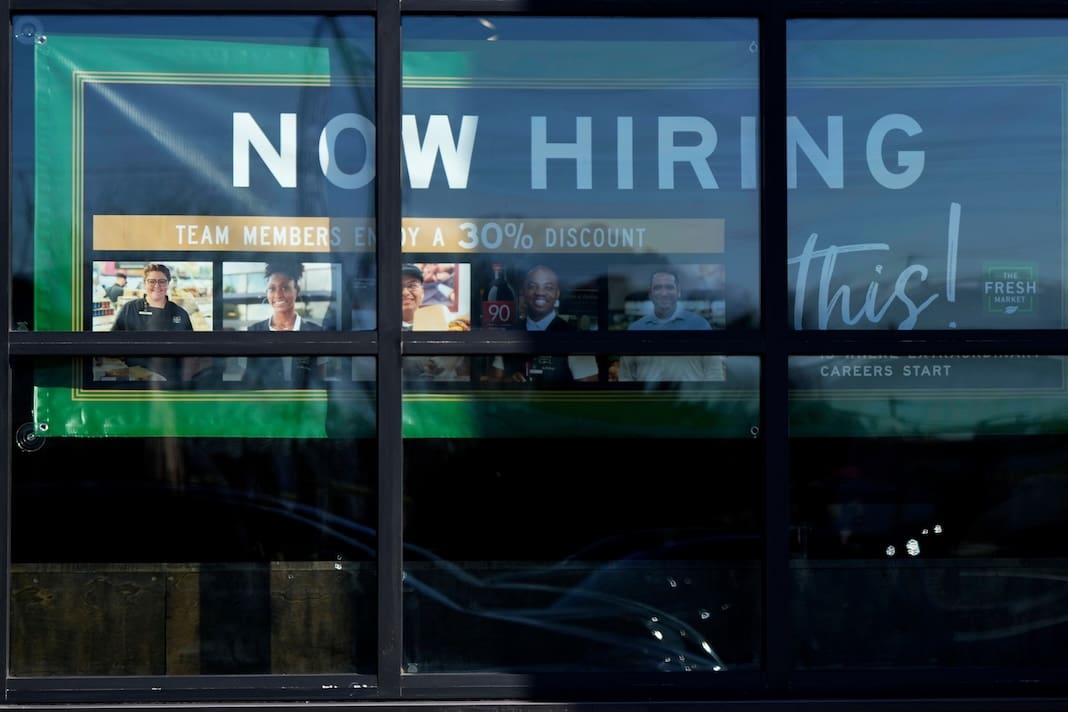The priciest election issue in Montana this fall involves water and housing, rather than candidates. Bozeman’s Water Adequacy for Residential Development (WARD) initiative dominates spending as it nears $200,000, primarily funded by building and real estate sectors. These groups argue WARD will counteract its promised benefits.
WARD aims to revise Bozeman’s cash-for-water-access program, which currently requires developers to contribute to a city fund acquiring extra water rights. This initiative mandates that 33% of developers’ units be affordable for families earning 120% of the area’s median income (AMI). For rentals, affordability should align with 60% of AMI, equating to $49,980 for an individual and $71,400 for a family of four.
The “Affordable Bozeman Coalition,” opposing WARD, leads election spending. The Southwest Montana Building Industry Association initially donated $100,000, increasing to $120,000, while Southwest Montana Realtors and Bozeman Area Chamber of Commerce added $100,000 and $25,000, respectively. Their campaign warns of potential downsides: “Higher prices, higher taxes, fewer jobs.”
President Riley Rivers, representing the coalition, emphasized their mission to inform Bozeman voters about WARD’s risks to housing, trades, and the economy. Their strategy, led by Plus Communications from Washington, D.C., includes mailers and digital ads. Meanwhile, WARD’s supporters operate on a smaller budget.
WARD treasurer Dan Carty reported total donations of approximately $1,100 in 2024 and $7,300 in 2025, mostly spent on paying Montana State University students for signature collection. Messages are shared through letters to newspaper editors and public informational tables.
Bozeman Mayor Terry Cunningham highlighted the initiative’s financial impact, overshadowing mayoral race spending. He noted perceived stakes linked to WARD’s effects on housing and the economy. The city spent $50,000 on educating residents about potential program changes. Cunningham likened WARD’s affordability thresholds to unrealistic amusement park ride requirements, suggesting an indirect ban on residential development.
Unusual alliances opposing WARD include realtors, developers, tenant groups, and Forward Montana, all raising awareness before the vote on November 4.
—
Read More Montana News

